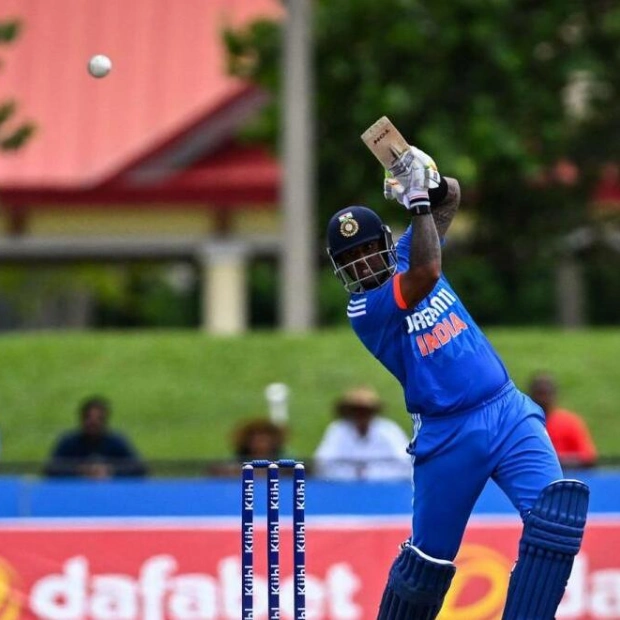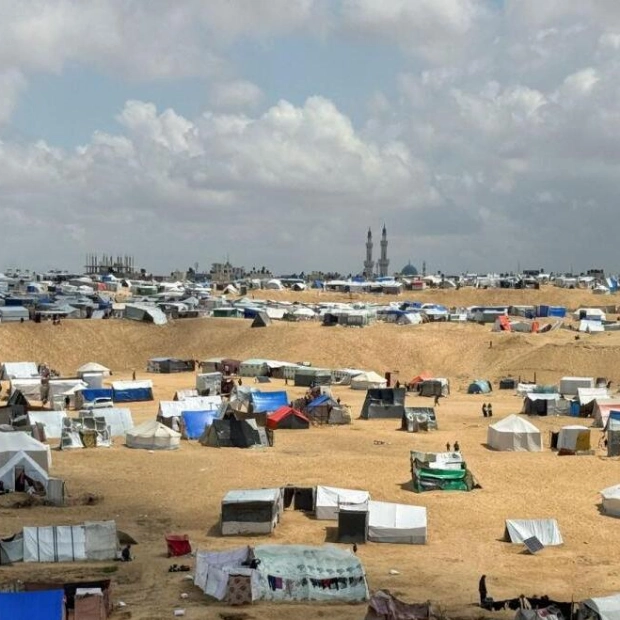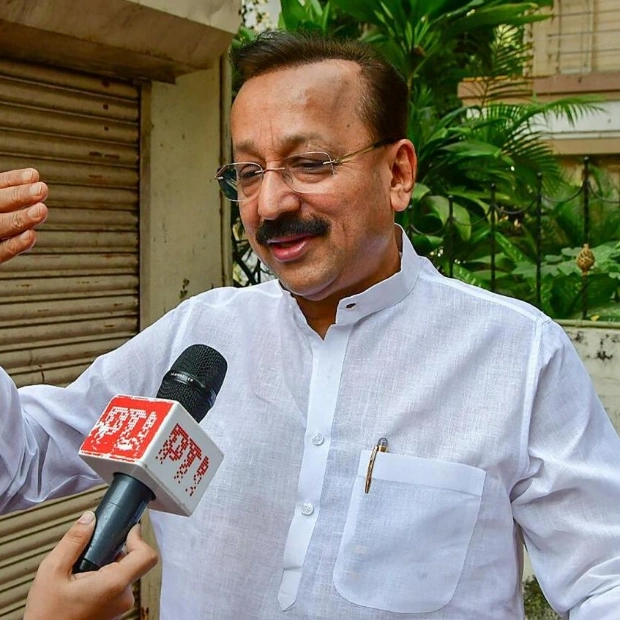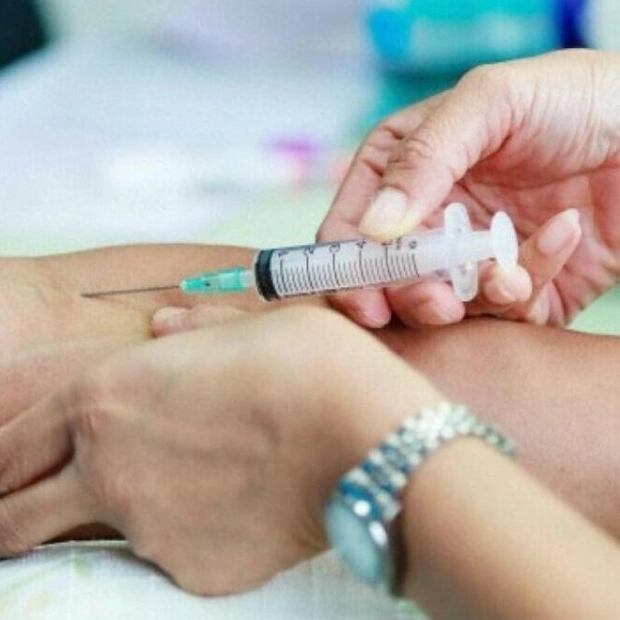The Indian Ocean island nation of Mauritius imposed a temporary ban on social media access on Friday, just days before a general election, amid escalating tensions linked to a wire-tapping scandal. Mauritius has been embroiled in controversy since private phone conversations involving politicians, journalists, civil society members, and foreign diplomats were leaked online last month.
"Following the dissemination of certain audio recordings on social media, there is a genuine concern that national security, the integrity of our republic, and the security of our international partners may have been jeopardized," stated the office of Prime Minister Pravind Kumar Jugnauth in a recent release. The statement indicated that internet service providers had been instructed to block access to the most popular social networks, and a crisis committee was convened to address the situation. The blockade is scheduled to remain in effect until November 11, one day after the election, according to telecoms operator Emtel.
The leaked recordings, released primarily on TikTok by an account named Missie Moustass (Mr Moustache), have been met with attempts to block the account, though it has repeatedly resurfaced and continues to release recordings daily. Among the most alarming was a recording allegedly featuring the police commissioner requesting a forensic doctor to modify a report on an individual who died after being beaten in police custody. Following the leak, a judicial investigation into the death was initiated.
Private conversations involving British high commissioner Charlotte Pierre also appear to have been compromised. The abrupt ban on social media has been widely criticized by the opposition and presents a significant challenge for local media and political parties that heavily rely on online platforms like Facebook.
"It's shocking, revolting, and unacceptable. It's a sign of panic," remarked Paul Berenger, a leader of the opposition Alliance for Change coalition. "We are dealing with individuals who pose a danger to the country. Legal experts are exploring options, and we will act swiftly on both legal and political fronts," he added.
Prime Minister Jugnauth, seeking re-election as leader of the Militant Socialist Movement, assumed the premiership following his father's death in 2017 and secured a coalition victory in the subsequent polls two years later. Nando Bodha, head of the opposition grouping Linion Reform, condemned the ban as "the last desperate act of a regime in disarray." Bodha further argued that the ban directly assaults the fundamental rights of citizens, including freedom of expression, and called for intervention by the Election Commission to ensure the elections are "free and fair."
Source link: https://www.khaleejtimes.com






